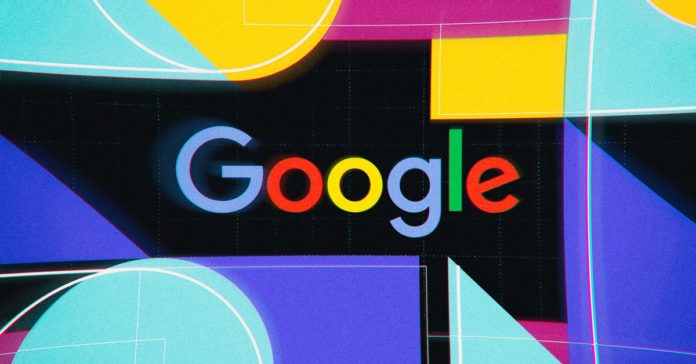The Google open source quantum programming framework Cirq has gained stability and established itself as the common language used by Google engineers to create quantum programmes on Google’s own quantum processors after more than four years of development. As a result, upcoming point releases, like 1.1, will be compatible with the version that serves as its primary foundation, like 1.0. Breaking changes could appear in new major releases, such as 2.0.
Cirq is intended for today’s noisy intermediate-scale quantum computers, which have at most a few thousand quantum gates and a few hundred qubits. Google claims that in order to produce cutting-edge results with contemporary quantum computers, one must deal with the specifics of their hardware setup, which explains the abstractions the framework offers.
This implies, for instance, that Cirq allows for the specification of the mapping between the algorithm and the hardware, offering fine-grained control down to the gate level, as well as dealing with specific processor constraints, which if not addressed properly, could lead to incorrect computations. A circuit, also referred to as a Cirq programme, is a grouping of moments. Every operation in a given moment is the outcome of applying a gate to a disjoint subset of the available qubits. A moment is a collection of simultaneous operations.
Cirq has been enhanced since its debut in 2018 by a number of libraries investigating various facets of quantum computing research, including TensorFlow Quantum, OpenFermion, Pytket, and others. In specifically, a machine learning model has been trained on 30 qubits using TensorFlow Quantum at a pace of 1.1 petaflops per second. To mimic fermionic systems, such as quantum chemistry, OpenFermion provides a library for assembling and examining quantum algorithms.
As a last point, Google notes that Cirq has obtained support from a number of cloud services for quantum computing, including AQT, IonQ, Pascal, Rigetti, and Azure Quantum, which allow executing Cirq programmes on their hardware.
You can test out Cirq using Google Quantum Virtual Machine, a Colab laptop that simulates a Google quantum processor, if you don’t have access to a quantum processor. The tool can currently simulate Weber and Rainbow, two of Google’s processors. If more emulation power is needed, the Google Quantum Virtual Machine can easily be upgraded to run in the Google Cloud.









































































